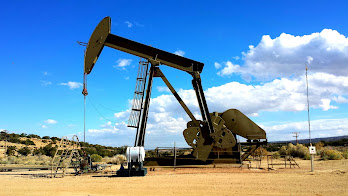Do You Know The History of Fracking?
In 2018, 59% of total oil production in the U.S came from hydraulic fracking, which means it accounted for more than two-thirds of domestically manufactured gas. By 2024, fracking will reach an astounding $68 billion market value! Of course, fracking is not a new drilling method as you can trace it back hundreds of years. That's why we want to consider the history of hydraulic fracturing (fracking). We will be stating historical facts about it and focusing on the major historical occurrences that have influenced modern-day fracking. Pre-Fracking Days The idea of fracking started back in 1862 when Edward A.L. Roberts (Civil War veteran) witnessed Confederate soldiers exploding artillery rounds into a canal that obstructed a battlefield. At the time, Edward A.L. Roberts called it superincumbent fluid tamping. On April 26th, 1865, Edward A.L. Roberts began experimenting with exploding torpedoes, which consisted of lowering a torpedo containing an amount of powder from fifteen to tw...






